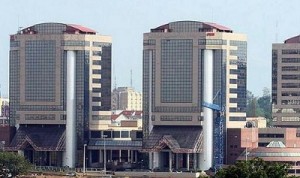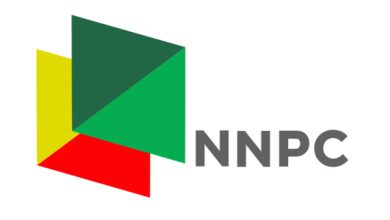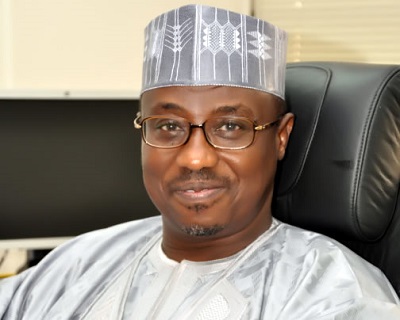$35bn spent on fuel subsidy in five years – Ex-NNPC director

Nigeria spent an estimated $35bn as subsidy on petroleum products out of the $300bn earned from crude oil from 2010 and 2014, a former Acting Group Executive Director of the Nigerian National Petroleum Corporation, Dr. Tim Okon, has said.
This is coming as experts have urged the Federal Government to discontinue its overdependence on oil revenue, noting that it should seriously work towards diversifying the economy away from oil.
Okon and some professors, as well as other stakeholders in the oil and gas sector, spoke during the 6th Emmanuel Egbogah Legacy Lecture Series with the theme, ‘Managing Petroleum Revenue under Volatile Price Dynamics’, organised by the Emerald Energy Institute, University of Port Harcourt, Rivers State, on Wednesday.
While delivering the keynote address, Okon, who is the chief executive officer, International Institute of Petroleum, Energy Law and Policy, and a special adviser on fiscal strategy at the Federal Ministry of Petroleum Resources, stated that the subsidy programme was actually designed for the poor but it benefitted a few rich persons massively.
He said, “In the period when Nigeria earned close to $300bn as revenue from oil, from 2010 to 2014, we were spending approximately $7bn annually on subsidy. Worse than this was that in spite of the huge revenue inflows, we were also borrowing.”
He also decried the magnitude of borrowing by the Federal Government and stressed that Nigeria might be heading towards a situation in which it would sustain its operations mostly on public debts if care is not taken.
“If we continue to borrow, we will be returning to the point where we may seek debt forgiveness. This is why we are concerned about this development,” Okon said.
The ex-NNPC director lauded the halt in the subsidy regime and stated that the billions of dollars spent on subsidising petrol across the country would have been used to fix all the country’s refineries as well as build the Mambilla Power Plant, which has the capacity of generating about 3,000 megawatts of electricity.
He said, “Of course, spending money on consumables versus having productive capacity is another issue. At one point in time, the subsidy programme was worth $7bn a year. This, however, was despite the fact that the total cost of getting our refineries fixed was about $3bn. But the $7bn was spent through the exhaust fumes of our vehicles.”
Okon explained that Nigeria had been in the oil business for several decades and had seen how crude prices fluctuated over the years, adding that it was worrisome that the current fall in crude prices had taken a huge toll on the Nigerian economy.
He said, “Volatility is not new; commodity price changes are not new and, therefore, Nigeria ought to, having being an oil producer for quite some time, have an understanding of this cycle. But the question is, why is it now difficult?”
He frowned on the way and manner in which government’s revenue was managed, noting that efficient planning tools abound that could help in the management of proceeds from oil, particularly in a volatile market.
The ex-NNPC official stated that there was the need to deal with the revenue governance framework, adding that one way was the ability to create adequate buffers.
He said, “Our failure to create enough buffers has resulted in the situation that we have found ourselves. The second approach for most countries who are oil producers is that when the prices are high, you have to save and that is the purpose of the Sovereign Wealth Fund. Nigeria’s SWF, the last time I checked, was about $1.2bn, while that of Saudi Arabia, when I last checked it up, had come down from $783bn to about $600bn.”
He said Nigeria’s SWF had been eroded due to political interferences over the years, as against what was obtainable in 2007/2008 when the fund was used to support the economy during the fall in global crude oil prices at that period.
Proffering solutions to the myriad of challenges confronting the country, particularly in its oil and gas sector, Okon said it was high time Nigeria diversified its revenue-generating sources.
According to him, the country should also undertake resource diversification and the burden on the oil and gas industry should be reduced since it contributes only about 15 per cent to the Gross Domestic Product.







